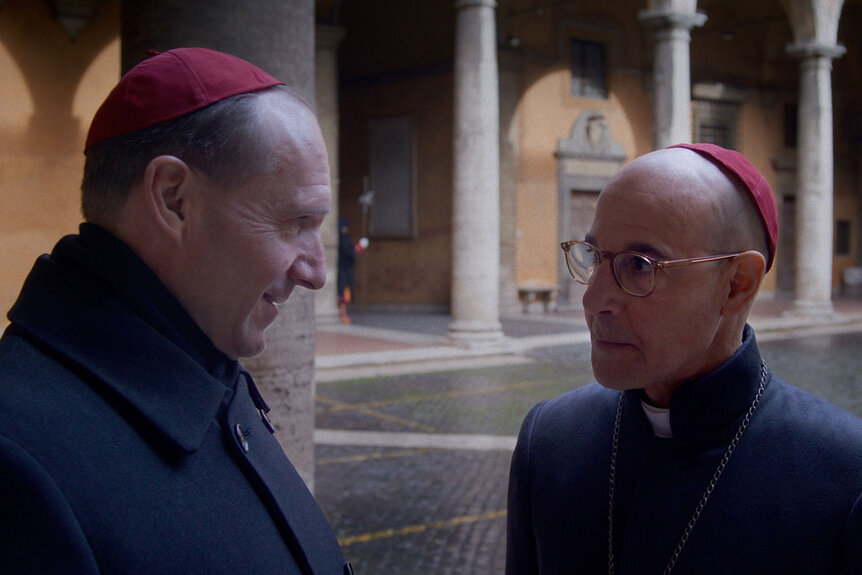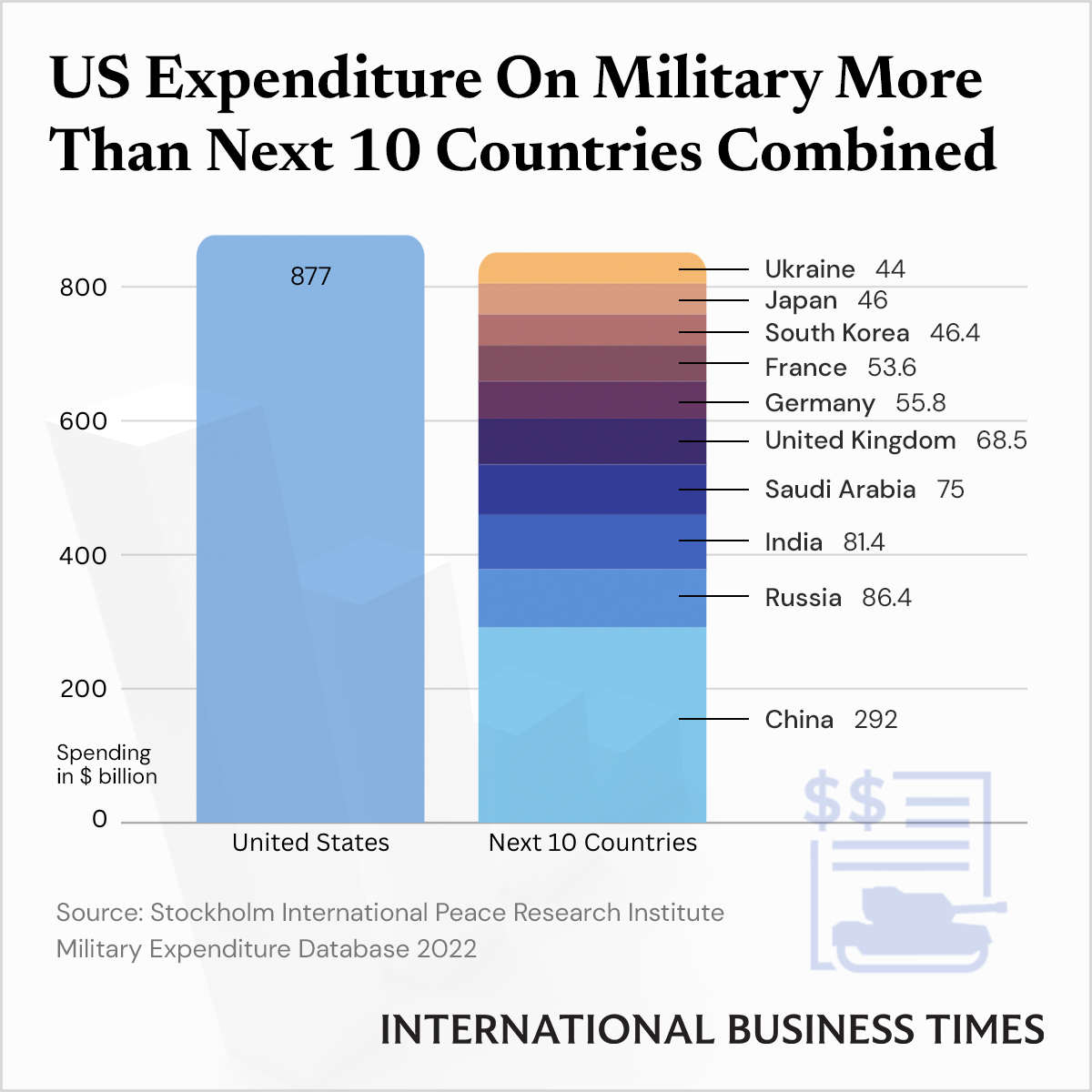Overcoming Challenges After Mastectomy: Inspiration From Linda Evangelista

Table of Contents
Linda Evangelista's Journey and its Significance
Linda Evangelista's brave and public disclosure of her breast cancer diagnosis and subsequent mastectomy has had a profound impact. Her willingness to share her personal experience, despite her high profile, has significantly increased awareness and understanding of breast cancer and mastectomy. Evangelista’s honesty helped destigmatize these experiences, offering hope and inspiration to countless women facing similar diagnoses.
- Increased visibility of mastectomy and its impact: Evangelista’s story brought the realities of mastectomy into the mainstream conversation, helping to normalize the procedure and its aftermath.
- Destigmatization of breast cancer and related surgeries: Her openness helped challenge societal misconceptions and fears surrounding breast cancer and its treatments.
- Inspiration for women facing similar diagnoses: Her resilience and strength have served as a powerful beacon of hope for women undergoing mastectomies, reminding them that they are not alone.
Physical Challenges After Mastectomy and Management Strategies
The physical recovery after a mastectomy can present several challenges. Understanding these challenges and employing effective management strategies is crucial for a smoother recovery process.
Pain Management
Pain is a common experience following a mastectomy. Effective pain management is essential for comfort and successful healing.
- Prescription pain medications: Your doctor will likely prescribe pain relievers tailored to your needs. It's crucial to follow their instructions carefully.
- Over-the-counter pain relievers: Over-the-counter options like ibuprofen or acetaminophen can supplement prescription medications, especially as you progress through recovery.
- Physical therapy for range of motion and strength: Physical therapy plays a vital role in regaining mobility and strength in the affected area.
- Alternative therapies like acupuncture or massage: Some women find relief through complementary therapies like acupuncture or massage. Always discuss these options with your doctor.
Lymphedema
Lymphedema, a swelling caused by a buildup of lymph fluid, is a potential complication after a mastectomy, particularly after lymph node removal.
- Understanding lymphedema and its impact: Knowing the signs and symptoms of lymphedema is crucial for early detection and management.
- Importance of regular lymphatic drainage massage: This specialized massage technique can help reduce swelling and improve lymphatic flow.
- Benefits of compression garments: Compression sleeves or garments can help reduce swelling and improve lymphatic drainage.
- Low-impact exercise recommendations: Gentle exercise, such as walking or swimming, can help improve lymphatic circulation.
Surgical Site Care
Proper wound care is vital to prevent infection and promote healing.
- Keeping the incision clean and dry: Follow your doctor's instructions for cleaning and dressing the incision.
- Recognizing signs of infection (redness, swelling, pus): Report any signs of infection to your doctor immediately.
- Following doctor's instructions for post-operative care: Adhering to your doctor's post-operative care instructions is crucial for a successful recovery.
Emotional and Psychological Well-being After Mastectomy
The emotional impact of a mastectomy is significant, and addressing these challenges is as crucial as managing physical aspects of mastectomy recovery.
Coping with Body Image Changes
Adjusting to changes in body image is a common struggle after a mastectomy.
- Importance of self-compassion and acceptance: Be kind to yourself and allow yourself time to adjust to your new body.
- Benefits of joining a support group: Connecting with other women who have undergone mastectomies can provide invaluable support and understanding.
- Exploring therapeutic options like counseling or therapy: Professional help can provide tools and strategies for coping with emotional challenges.
Managing Anxiety and Depression
Mastectomy can trigger anxiety and depression. Recognizing and addressing these conditions is vital.
- Recognizing symptoms of anxiety and depression: Be aware of the signs and symptoms and don't hesitate to seek help.
- Seeking professional help when needed: Don't hesitate to reach out to a therapist or counselor.
- Utilizing relaxation techniques like mindfulness and meditation: These techniques can help manage stress and anxiety.
Finding Support Systems
A strong support network is essential during mastectomy recovery.
- Importance of building a strong support network: Surround yourself with loved ones who offer emotional and practical support.
- Connecting with other women who have undergone mastectomies: Sharing experiences with others can be incredibly helpful.
- Leaning on family and friends for emotional support: Don't be afraid to ask for help and support from those closest to you.
Returning to a Healthy Lifestyle After Mastectomy
Gradually resuming a healthy lifestyle is crucial for both physical and emotional healing.
Gradual Exercise and Physical Activity
Reintroducing exercise should be done cautiously and gradually.
- Consult your doctor before starting any exercise program: Get your doctor's clearance before starting any new exercise routines.
- Start with gentle movements and gradually increase intensity: Listen to your body and avoid pushing yourself too hard.
- Low-impact exercises like walking, swimming, or yoga: These activities are gentle on the body and can help improve overall well-being.
Nutrition and Diet
Maintaining a healthy diet plays a crucial role in supporting healing and overall well-being.
- Consuming a balanced diet rich in fruits, vegetables, and lean protein: Prioritize nutrient-rich foods to support your body's healing process.
- Staying hydrated by drinking plenty of water: Adequate hydration is vital for overall health and well-being.
- Limiting processed foods and sugary drinks: Focus on whole, unprocessed foods for optimal nutrition.
Conclusion
Linda Evangelista's courageous journey serves as a powerful example of resilience and hope for women navigating the challenges of mastectomy recovery. By addressing both the physical and emotional aspects of recovery, focusing on self-care, and building a strong support system, you can overcome the obstacles and embrace life to the fullest. Remember, effective mastectomy recovery requires a holistic approach, encompassing physical healing, emotional well-being, and a supportive community. Don't hesitate to seek professional guidance and connect with resources dedicated to mastectomy recovery. Your journey is unique, and with the right support and strategies, you can thrive after your mastectomy.

Featured Posts
-
 Cardinal Conclave A Battle For The Direction Of The Catholic Church
Apr 25, 2025
Cardinal Conclave A Battle For The Direction Of The Catholic Church
Apr 25, 2025 -
 How Chainalysis Alterya Acquisition Will Shape The Future Of Blockchain
Apr 25, 2025
How Chainalysis Alterya Acquisition Will Shape The Future Of Blockchain
Apr 25, 2025 -
 Fintech Giant Revolut Reports 72 Revenue Jump Driving International Growth
Apr 25, 2025
Fintech Giant Revolut Reports 72 Revenue Jump Driving International Growth
Apr 25, 2025 -
 A Famous Wwii Image Revealing Hidden Narratives Of Jewish Survival
Apr 25, 2025
A Famous Wwii Image Revealing Hidden Narratives Of Jewish Survival
Apr 25, 2025 -
 Analyzing Revoluts 72 Revenue Growth Strategies For International Success
Apr 25, 2025
Analyzing Revoluts 72 Revenue Growth Strategies For International Success
Apr 25, 2025
Latest Posts
-
 Rising Global Military Spending The European Security Dilemma
Apr 30, 2025
Rising Global Military Spending The European Security Dilemma
Apr 30, 2025 -
 Understanding Carnival Corporation Its Extensive Cruise Line Holdings
Apr 30, 2025
Understanding Carnival Corporation Its Extensive Cruise Line Holdings
Apr 30, 2025 -
 Global Defense Spending Europes Escalation In Response To Russia
Apr 30, 2025
Global Defense Spending Europes Escalation In Response To Russia
Apr 30, 2025 -
 Carnivals Cruise Line Portfolio A Look At All The Brands
Apr 30, 2025
Carnivals Cruise Line Portfolio A Look At All The Brands
Apr 30, 2025 -
 The Impact Of The Russian Threat On Global Military Expenditure
Apr 30, 2025
The Impact Of The Russian Threat On Global Military Expenditure
Apr 30, 2025
